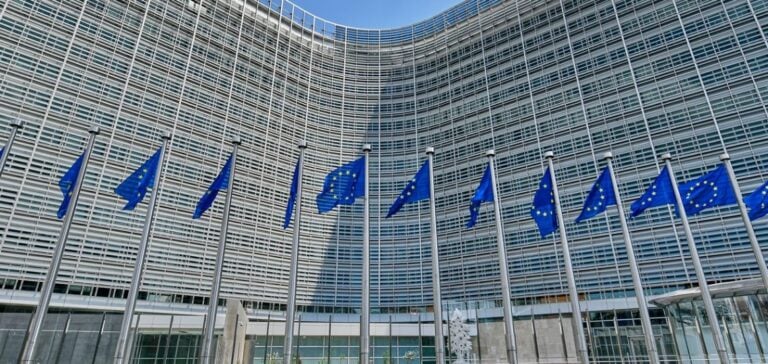The European Commission (EC) announced the launch of a new roadmap dedicated to reducing methane emissions in the fossil fuel sector. Presented at COP29 in Baku, this initiative is part of a global strategy involving multiple countries, international organizations, NGOs, and development banks.
A collective approach to reducing methane
Methane, a particularly potent greenhouse gas, represents about 40% of human-induced greenhouse gas emissions in the energy sector. The roadmap established by the European Union aims to implement enhanced systems for monitoring, reporting, and verification (MRV) across global energy supply chains.
Wopke Hoekstra, European Commissioner for Climate Action, emphasized the importance of international cooperation in tackling this environmental challenge. He stated that this reduction not only makes economic sense but also strengthens energy security.
Concrete measures for producers and consumers
This initiative follows shortly after the ratification of the European Methane Regulation in May 2024. This legislation requires EU member states to create an inventory of oil and gas wells and reinforce inspections to ensure operator compliance.
The roadmap identifies several key actions to reduce emissions, including plans to abate emissions from existing infrastructure and encourage the use of proven technologies to limit these releases. According to the International Energy Agency (IEA), existing technologies could eliminate up to 80 million tons of methane annually at low cost.
A lever to achieve global climate targets
Despite international commitments, such as the Global Methane Pledge aiming for a 30% reduction in global methane emissions by 2030, experts believe that current progress is insufficient. The IEA, through its Global Methane Tracker, estimates that drastic reductions of 75% in the fossil fuel sector would be necessary to maintain the goal of limiting global warming to 1.5°C, as stipulated in the Paris Agreement.
Many actors in the energy sector are taking measures to meet these targets. At COP28, 50 companies committed to reducing their methane emission intensity to 0.2% in oil and gas production by 2030 and to gradually phasing out routine flaring.
Economic implications of reduction efforts
Financial markets are also starting to reflect these developments. Methane Performance Certificates (MPC), representing volumes of natural gas with low methane intensity, saw their prices rise to $0.035/MPC in November 2023 after a decline in August.
Fatih Birol, executive director of the IEA, praised this roadmap as a crucial first step in reducing the carbon intensity of oil and gas supply chains while promoting policies based on transparent data.






















